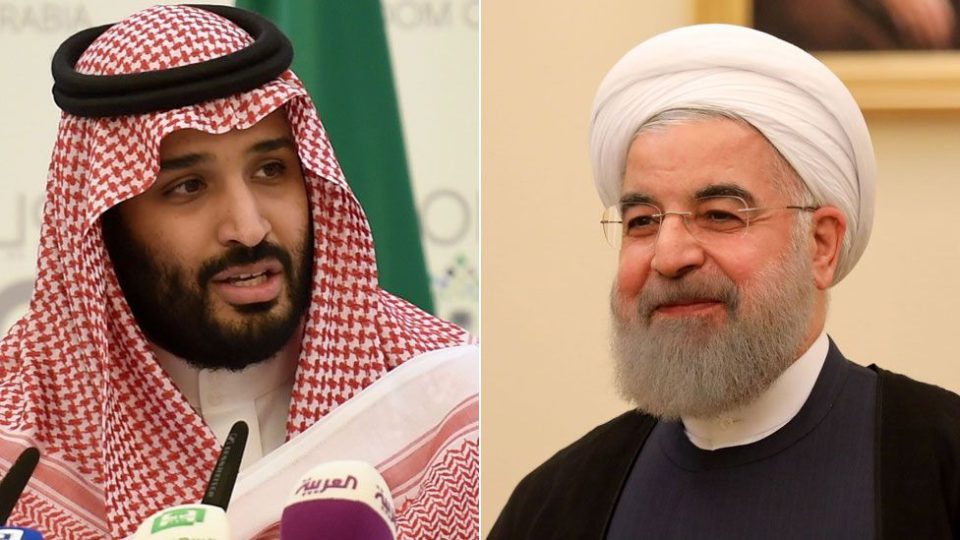In the wake of the recent escalation of conflict between Hamas and Israeli forces, the international community’s response has been sharply divided. While the United States and Europe have unequivocally supported Israel, Saudi Arabia, Qatar, and Iran have openly condemned Israel’s actions, further complicating an already volatile situation in the Middle East.
The Palestinian militant group, Hamas, launched a massive attack on Israeli forces and settlements, resulting in a significant loss of life on both sides. Israeli local media and the Palestinian government reported at least 250 people killed in Israel and 232 in Gaza, underlining the devastating impact of the conflict. Amidst this chaos, the responses from key Middle Eastern players have added another layer of complexity to the crisis.
Saudi Arabia, despite recent diplomatic attempts to normalize relations with Israel, condemned the situation in the strongest terms. The Saudi Foreign Ministry expressed concerns about the violence and reiterated their warnings about the dangers of continued occupation and the denial of Palestinian rights.
This condemnation came at a time when Saudi-Israeli relations had shown signs of improvement, creating a contrast in their stance.
Iran, a long-standing supporter of Hamas, took an even more explicit stance by endorsing the militant group openly. Senior Iranian government adviser Yahya Rahim Safavi praised Palestinian fighters and vowed unwavering support until the liberation of Palestine and Jerusalem. Iranian state media broadcasted parliament members chanting slogans such as “Death to Israel” and “Palestine is victorious, Israel will be destroyed.” Iran’s consistent financial and military aid to Hamas over the years further underscores their deep involvement in the conflict.
Qatar joined the chorus of condemnation against Israel, specifically highlighting the repeated raids on the Al-Aqsa Mosque in Jerusalem. This holy site holds immense significance for Muslims worldwide, and its violation by Israeli forces escalated tensions and led to clashes between worshippers and the police. Qatar squarely blamed Israel for the violence, emphasizing the violation of Palestinian rights as the root cause of the conflict.
In contrast to the Middle Eastern nations’ criticism, Israeli Prime Minister Benjamin Netanyahu labelled the situation as a “war” during his public address.
The U.S., a long-standing ally of Israel, reaffirmed its unwavering support. Defence Secretary Lloyd Austin assured Israel of necessary resources for its defence, underscoring the deep-rooted ties between the two nations.
The current escalation has illuminated the intricate geopolitical landscape of the Middle East, where historical conflicts and shifting alliances continue to shape the region’s dynamics. The differing responses from nations involved further complicate the path to peace, highlighting the urgent need for international diplomacy and cooperation to de-escalate tensions and work towards a lasting solution.

